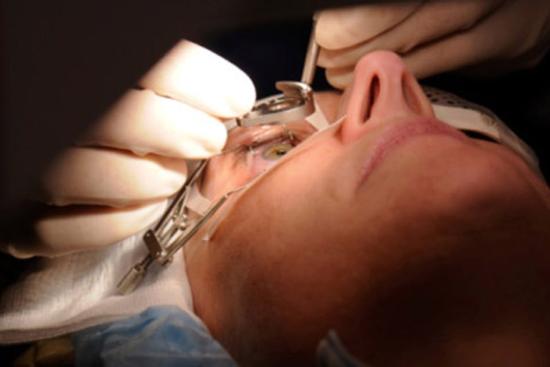Corneal transplantation is a proven and effective surgical solution to restore clear vision when the cornea, the transparent, dome-shaped surface of the eye, has been damaged or diseased. In Turkey, partner clinics of Turquie Santé offer state-of-the-art surgical techniques performed by experienced ophthalmic surgeons, combining high medical standards with competitive and transparent pricing.
Risks and Side Effects
- Transplant rejection.
- Infection.
- Glaucoma.
Corneal transplant cost in Turkey
In Turkey, the average cost of a corneal transplant is approximately $11.800, depending on the surgical technique used, the complexity of the case, and the surgeon's expertise.
Our partner clinics offer transparent, all-inclusive packages designed to meet your individual needs, without compromising on quality or safety.
Contact us today for a free online consultation and receive your personalized treatment estimate.
Please note: although corneal transplants are often covered by health insurance, coverage terms vary. We recommend reviewing your insurance policy details in advance.









